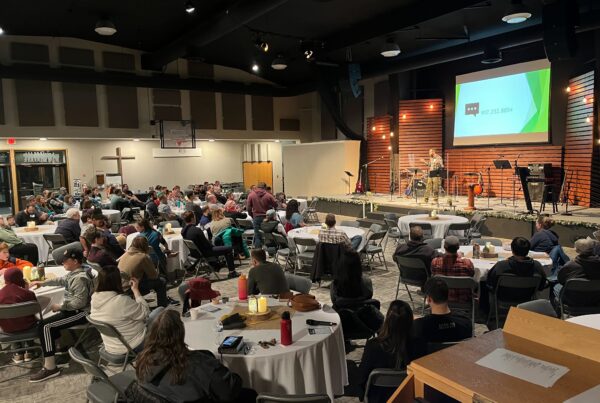I’m glad to be part of the Acts 29 US Southeast network. In fact, I’m so keen on church planting networks that I’m part of two. I’m what’s called “dually aligned”! Both have their strengths and weaknesses. Both aim at the same goal – planting healthy churches that will disciple more people through the gospel and so plant more churches. If you’re considering planting a church, I can’t overstate the value of finding a solid network that will provide you with on-going support.
But what should you look for in a potential network? Some organizations are eager to include you on their list of church plants, but bring little benefit to you. It’s best to avoid this type of network. You’re simply a number to them. Or if a network is going to sign you up simply with a few words of approval, you might want to avoid this one as well. The truth is that any network which doesn’t take a sincere approach to ensuring you’re qualified to plant is not the kind of network you need in your corner. That’s because, when problems comes, you’ll find they aren’t really in your corner at all. The task of church planting requires more than a few validating words of encouragement.
As a church planter, here are five things you need a network to do for you.
1. Assessment
Don’t mistake your current enthusiasm with being ready to plant. Find a network that will evaluate your readiness.
First, you want a network that will evaluate your readiness to plant. God’s present calling on your life may actually include years of preparation before it becomes a reality. Don’t mistake your current enthusiasm with being ready to plant. Find a network that will ask you tough questions about your spiritual life, your marriage, your finances, your theology, your sin, and your track record of building ministry within existing churches. When executed well, this effort paints an accurate picture of where you are as a leader and directs you towards your next steps. My assessment said I had major areas to work on and it was 100 percent accurate!
2. Coaching
Second, look for a network that will coach you from wherever you are to wherever you need to be. While the local church is the primary investor in training people, a good network will facilitate hands-on training alongside church-planting churches. Though I wanted to take off on my own from day one, listening to the wisdom of those who told me to slow down was tremendously beneficial.
3. Training
Third, look for a network that will provide training that equips you for the challenges of church planting. Most networks offer some kind of training, but not all of it is as helpful as it should be. You will need on-going training that is related to the task, led by men who are themselves in the trenches or who have a solid track record of church-planting experience. This might mean avoiding “popular speakers” from mega-churches in favor of other church planters (even if they’re not big names).
4. Support
Look for a network that is true to the name – a network that connects people and holds resources with an open hand.
Fourth, you want a network that will support you in more ways than just providing funding. Of course, money is important. But there are many others ways to support church planting. We’ve been able to help other church plants with chairs, sound systems, transportation, video equipment and the most important resource of all – people. Look for a network that is true to the name – a network that connects people and holds resources with an open hand.
5. Companions
Now, of course, I’m a biased. I’m obviously a fan of Acts 29 of which I’m a member. But this leads me to my final point – a network is a network of people. A network isn’t simply a conference or a training institution or a resource. Above it’s a group of people. And to get anything out of a network, you need to connect with the people who make it up. I know church planters in Acts 29 on a first name basis and they’ve walked with me through challenging times. I’m a better pastor and planter for the ways they’ve invested in me. In the end, you get out of a network what you’re prepared to put in.










